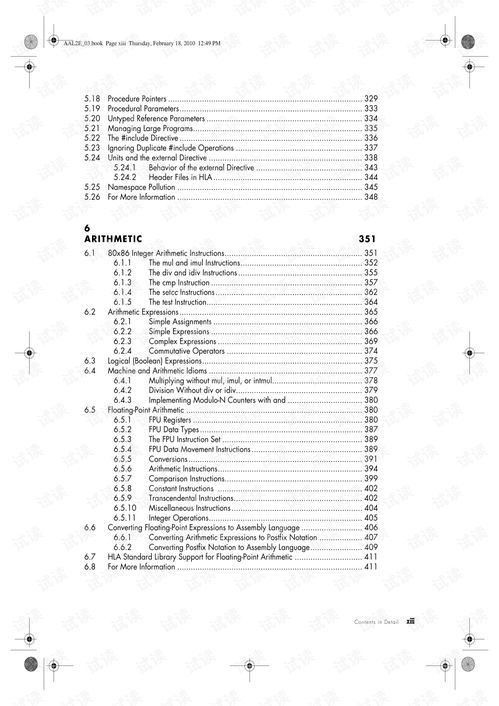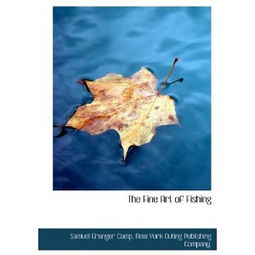Content:
Angling, an ancient pastime that has stood the test of time, requires not only patience and skill but also a good understanding of the equipment used. One of the most crucial pieces of equipment for any angler is the fishing rod. A high-quality rod can make a significant difference in the success of your fishing trip. However, one common issue that anglers often face is rod breakage. In this article, we will delve into the art of fishing and provide you with effective techniques to prevent rod breakage, ensuring that your fishing rod remains in perfect condition for years to come.
Understanding Your Rod
Before we dive into the techniques, it's essential to understand the components of your fishing rod. The rod is made up of several parts, including the handle, the blank, the guides, and the tip. Each part plays a crucial role in the rod's performance and durability.
- Handle: The handle provides a secure grip and is often made from materials like cork or foam. It also houses the reel seat, where the reel is attached.
- Blank: The blank is the main part of the rod, usually made from a composite material like carbon fiber or fiberglass. It is the part that bends when you cast or reel in a fish.
- Guides: The guides are small rings that help guide the line through the rod. They are typically made from materials like ceramic or stainless steel.
- Tip: The tip is the most sensitive part of the rod and is responsible for detecting the bite. It is often made from a stiffer material than the rest of the rod.
Techniques to Prevent Rod Breakage
Now that we have a basic understanding of the rod's components, let's explore some techniques to prevent rod breakage:

Choose the Right Rod for the Fish: One of the most common reasons for rod breakage is using a rod that is too light or too heavy for the fish you're targeting. Always select a rod that is appropriate for the species and size of fish you expect to catch. This will ensure that the rod is not overburdened and can handle the fight without breaking.
Proper Handling: When handling your rod, be gentle. Avoid bending it beyond its intended limits, as this can cause stress on the blank and lead to breakage. Also, be cautious when lifting the rod from the water, as sudden movements can put unnecessary strain on the rod.
Maintain the Guides: Regularly inspect and clean your rod's guides. Accumulated dirt and debris can cause the line to snag, leading to increased pressure on the rod and potentially causing it to break. Ensure that the guides are properly aligned and not damaged.
Avoid Overloading the Reel: Overloading the reel with too much line can also lead to rod breakage. Always check the manufacturer's recommendations for the maximum line capacity and weight that your reel can handle.
Use the Right Lure: Using lures that are too heavy for your rod can also be a recipe for disaster. Make sure that the lure's weight is compatible with your rod's strength and action.
Practice Proper Casting Techniques: Improper casting techniques can put unnecessary stress on the rod. Learn and practice the correct casting techniques for your rod type and fishing style. This will help you achieve better casts and reduce the risk of rod breakage.
Handle the Fish Carefully: When playing a fish, be mindful of the fight. Avoid reeling in too quickly or applying too much pressure, as this can cause the rod to bend beyond its limits. Let the fish tire itself out naturally, and only apply firm pressure when necessary.
Regular Maintenance: Regularly inspect your rod for any signs of wear and tear. Replace any damaged guides, cracked handles, or frayed line promptly. This will help maintain the rod's integrity and prevent breakage.
Storage: When not in use, store your rod in a rod holder or a rod case. This will protect it from being bent or damaged by other objects.
Invest in Quality: Finally, if you're serious about angling, investing in a high-quality rod can save you from the frustration of rod breakage. A well-crafted rod is more likely to withstand the rigors of fishing and provide you with years of reliable service.
In conclusion, preventing rod breakage is all about understanding your equipment, using proper techniques, and maintaining your rod with care. By following these techniques, you can ensure that your fishing rod remains a reliable companion on your angling adventures. Happy fishing!












